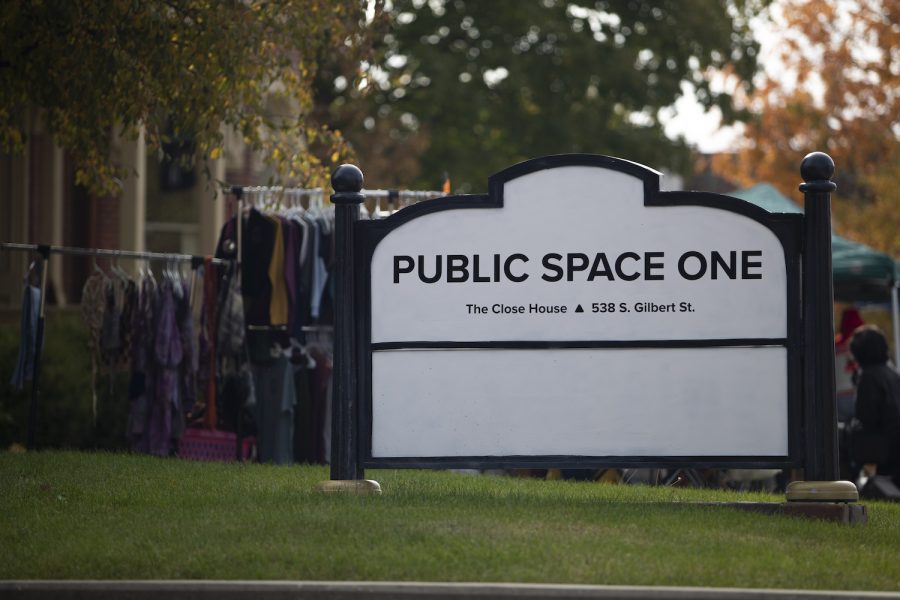Moonlight Review
By Girindra Selleck
Moonlight, Barry Jenkins’s stellar new film—his second, after 2008’s Medicine for Melancholy—evades classification. The most fitting label for the film, which is based on Tarell Alvin McCraney’s In Moonlight Black Boys Look Blue, would likely be that of a coming-of-age narrative, but still, that term—itself ridden with pitfalls of thematic ambiguity—fails to capture the magic that transpires on screen in the film’s seemingly short hour and fifty minutes.
The story follows the life of Chiron, a young boy in South Florida tasked with navigating the socio-systemic obstacle course laid out in front him as someone growing up black, gay, and poor in America. The story is told in three parts, classified by the various identifying personas the protagonist passes through over the course of the film: “Little” (the loathed nickname given to him by his bigger, stronger primary school classmates), “Chiron” (self-evident) and “Black” (the name his best friend—and first love—Kevin [Jharrel Jerome] gives to him in high school).
The first chapter begins on the streets of Florida, as young Chiron (Alex Hibbert) is seen being chased by a group of neighborhood bullies. When he dives into an abandoned trap house to hide, he is found by Juan (Mahershala Ali) a crack dealer who decides to take Chiron in for the night. A bond quickly forms between the two, and for the remainder of the chapter, Juan and his girlfriend Teresa (Janelle Monae) serve as a welcome escape from the emotional abuse he is forced to undergo at home at the hand of his drug-addicted mother, Paula (Naomie Harris).
The second chapter, tackling Chiron’s teenage years (where he is portrayed by Ashton Sanders) sees him, in turn, repeatedly beaten and harassed by a group of bullies and formally introduced to his sexuality, in one of the more tender scenes I’ve seen in a long time. This tenderness permeates the entire movie, and serves as one of the key aspects that establish its uncanny sense of continuity despite the decades-long temporal leaps that occur between chapters.
The largest such leap occurs between the second and third part, spanning a decade in which, after being arrested for fighting back—with a chair—against his most vicious teenage oppressor, Chiron moves to Atlanta to begin a new life. In stark physical contrast to the shy, skinny kid Chiron is before the break, the third chapter sees him reinvented—“You clearly haven’t missed a meal,” Kevin says to him in the film’s immaculate penultimate scene. The relationship between the two is complicated, as, the day after sharing an intimate moment on the beach as teenagers, Kevin is coerced by the school bully into punching Chiron—the event that ultimately results in Chiron’s eventual retaliation and imprisonment.
The film’s best moments come after this shift, in the film’s third section, when Chiron and Kevin meet again for the first time in ten years. Their interaction is largely one-sided, with Kevin doing most of the talking, as Chiron—despite his newly-sculpted physique—again retreats into the shy persona he embodied as a boy. As a result, these scenes are populated by a distinct air of quiet, where most of the communication occurs in the form of half glances, hesitant smiles, and lip bites rather than overwrought exposition.
But it is in this silence that the film finds its power. Gone are some of the tropes that similarly-structured films like Boyhood deploy at every other turn, desperate to convey to the audience just how precious and wonderful of a story it is that they’re witnessing. Rather, Moonlight finds its most powerful moments in what remains unsaid, even unseen. Through these stylistic decisions, Jenkins has created a stunning portrait of an identity in motion, and a story that shouldn’t be crystallized or unpacked, but simply witnessed.
Moonlight
When: Showtimes vary, see FilmScene’s website for a complete schedule
Where: FilmScene, 118 E. College St
Cost: $6.50 – $10.50







